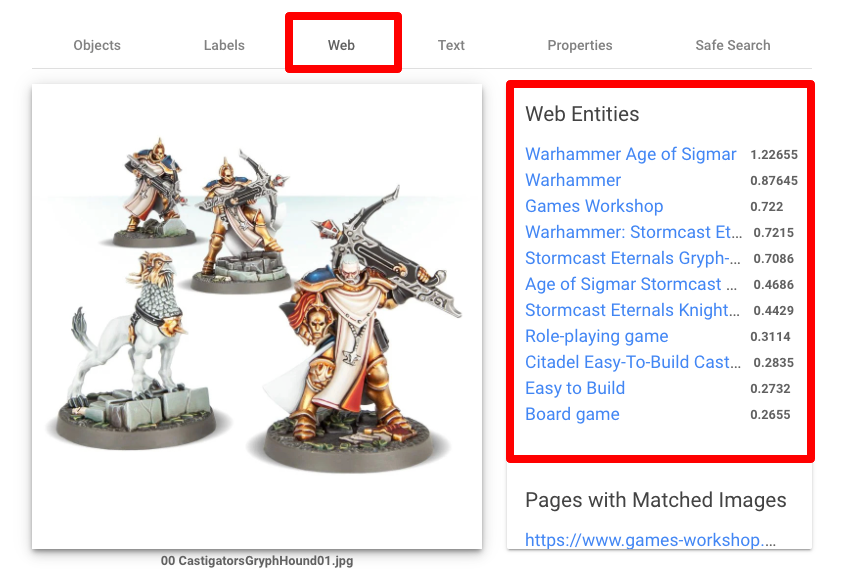
Judgments are regularly filed against debtors across the country. Courts enter the judgments on behalf of creditors seeking to get paid what they are legally owed. All too often, those judgments go unpaid. So much so that some 80% of all judgment creditors never see a dime.
More often than not, judgments go uncollected because creditors either don’t know how to enforce judgments or they lack the resources to do so. This is where judgment collection agencies come in. A firm like Salt Lake City’s Judgment Collectors steps in and takes over.
There are two methods by which a creditor can utilize the services of a judgment collection firm. The first is to outright sell their unpaid judgments to the firm. The other is to place the judgments with the firm on a contingency basis. Knowing these two options, is there a best way to collect unpaid judgments? No. It is a matter of preference.
1. Selling Judgments to an Agency
Choosing to sell unpaid judgments to collectors immediately alleviates creditors from having to deal with said judgments any longer. Any and all collection efforts immediately cease. Creditors spend no more time or money chasing down debtors. It is fast, clean, and simple. Yet it does come at a cost. That cost is related to how collection agencies get paid.
A judgment collection agency is a business just like any other. It has to cover its own expenses and generate some profit. To do that, firms generally charge a percentage of the value of the judgment at hand. For example, the Acme widget company might decide to sell a $10,000 judgment to a collection agency. The agency researches the judgment, estimates its own costs and the likelihood of recovery, and comes back with a $6,000 offer.
The creditor now must decide whether $6,000 is an acceptable price or not. If so, the judgment is sold, and the deal is done. Such transactions are possible because the law recognizes civil judgments as legal assets similar to securities. They can be bought and sold as needed.
If the creditor decides the offered price is too low, one of two options exist. Either the creditor can walk away and take the judgment to a new agency or attempt to negotiate a higher price. In either case, the creditor is not going to get full value for that judgment. There is no way it can and still allow the collection agency to make money.
2. Placing Judgments on Contingency
Creditors do not have to sell their judgments if they don’t want to. Instead, they can place them with collection agencies on a contingency basis. It works a lot like personal injury attorneys who work on contingency. An agency takes a case with the understanding that they will only get paid if they succeed in collecting.
If there is any advantage to this strategy it is the fact that creditors stand a chance of realizing a larger sum from collection. How so? The contingency model motivates the collection agency to do everything within its power to collect as much money as possible. By agreeing to receive a certain percentage of what is eventually collected, the creditor stands to receive more than would have otherwise been received had they sold the judgment instead.
Judgment creditors choosing to turn to collection agencies can either sell their judgments or place them on a contingency basis. Neither choice is necessarily better than the other. It is really a matter of preference, based on individual needs and circumstances. Every case has to be looked at according to its own merits.



